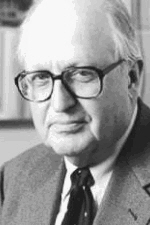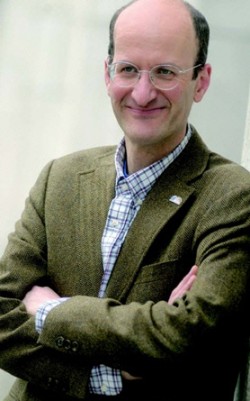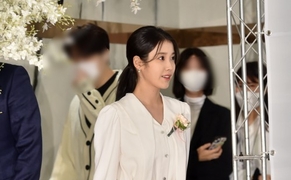 Henry Rosovsky/ Source: RET Henry Rosovsky/ Source: RET |
AsiaToday reporter Kim Yoo-jin - "I have a granddaughter who is preparing to go to college. I say to her: 'It doesn't really matter which school she goes to. It does not determine your whole life.' And she looks at me, smiles, and says: 'Yes, I understand, grandpa.' But I can tell that she doesn't believe me for a moment."
Henry Rosovsky, an economic historian and former dean of the Faculty of Arts and Sciences at Harvard, introduced this story about his granddaughter and said, "I hate to see this obsession with 'top schools' become a self-fulfilling phenomenon. I fear that the university mania is slowly making its way to the United States."
On January 21, Henry Rosovsky had an interview with AsiaToday standing counselor and Kyung Hee University professor Emanuel Pastreich. Rosovsky suggested the direction of higher education in Asia, stating, "Asian colleges would do well to use a broad range of criteria in selecting students and move beyond the unproductive 'examination hell.'"
He said, "For admissions, Harvard takes all sorts of factors into account such as different intellectual strengths, artistic expression, economic standing, social background, ethnicity, regional representation and designs a class as a balanced whole."
He claimed that universities in East Asia should put emphasis on shared governance in order to reach the positions that they hope for. He said that the faculty needs to be involved directly in the process of running the university and in the setting of priorities.
He stressed, "The greatest advances occur when governance is truly shared. Shared governance is often the critical element that is missing in Asian universities, no matter how talented the faculty may be. Either it is ministries of education that are trying to run things, or in private institutions--those who control the funds. Neither group knows much about teaching and research."
He said, "I chaired a review committee of Seoul National University about fifteen years ago and I identified many problems concerning shared governance, problems that I have observed in Japan as well. Ministries need to step back and give faculties some breathing room."
 Prof. Emanuel Pastreich Prof. Emanuel Pastreich |
Rosovsky picked the excellent quality of the faculty as the driving force for Harvard to reach the status that it enjoys today, saying, "The innovation at Harvard which I think made a tremendous difference is the decision to try to recruit the very best person in the field for an available faculty position."
He explained, "In the period after World War II Harvard literally engaged in world-wide searches for the very best and created a culture in which it was simply unacceptable to hire friends and associates, to make decisions based on personal affections or inclinations. The United States went from being a major country to being a super power and Harvard, and other American universities, found themselves also in a very favorable position to hire the best faculty, and recruit the best students, from around the world. In the public mind, across the world, today, when you think of an outstanding university, you will almost certainly include Harvard."
He said, "To become a world-class university takes a lot of time. There are simply no shortcuts and rapid growth never happens. It takes time. It takes generations. The task of building a great university is never simple. People tend to assume, and I have encountered this sort of thinking all over the world, that if they just sink enough money into a university, it will emerge in a few years as a first-class institution."
He added, "The rank of a university is similar to an index number say like the NASDAQ index. I don't understand how you can take an institution like Harvard or Stanford, and represent it by an index number. But what is the difference between number two and number eight in any meaningful sense? As an who worked to build a complex university, I find the assumption slightly offensive. We need to be committed to excellence, not to lists."
Henry Rosovsky is an economic historian, specializing in East Asia, and Harvard University administrator. From 1973 to 1984 and 1990 to 1991, Rosovsky served as the Dean of the Faculty of Arts and Sciences at Harvard, where he was previously a Professor of Economics and chair of its Department of Economics. He also served as Acting President of Harvard in 1984 and again in 1987. After stepping down from the dean's position served on the the Harvard Corporation, until 1997, the first Harvard faculty member to do so in a century. Rosovsky is widely known as one of the most effective administrators at Harvard who has played a central role in determining Harvard's direction for decades. He shared his perspectives on university administration in a highly readable book entitled, The University: An Owner's Manual.
Most Read
-
1
-
2
-
3
-
4
-
5
-
6
-
7





















